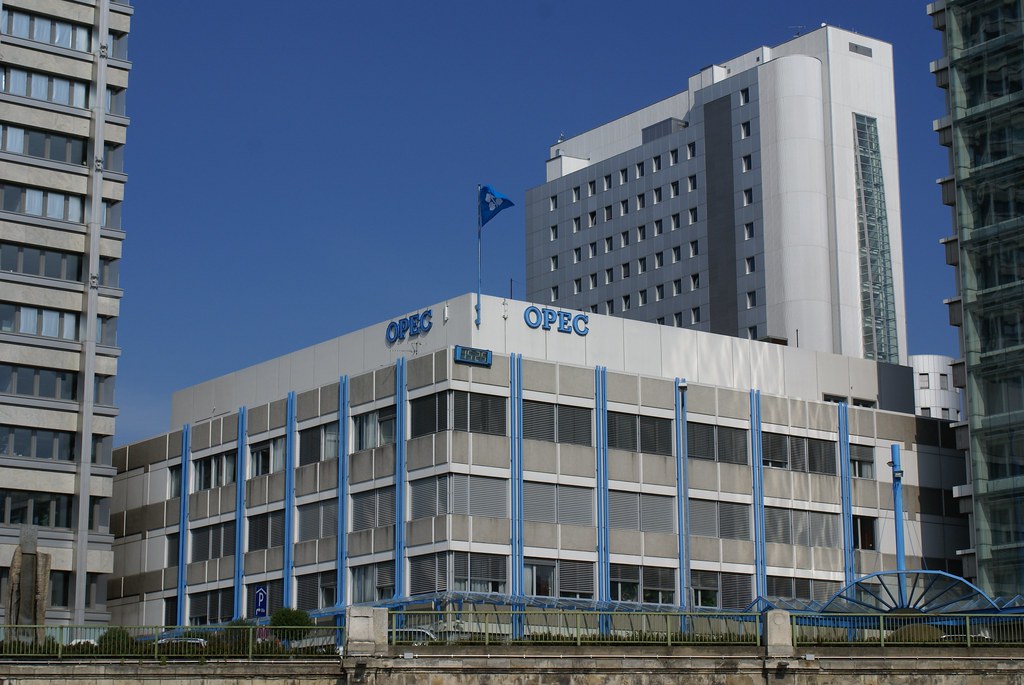India, one of the world’s leading importers and consumers of oil, has recently entered into discussions concerning the ongoing volatility in the global oil market with the Secretary-General of OPEC. The talks, as outlined in a government statement, aimed at addressing the challenges posed by fluctuating oil prices and market trends.
Importance of Market Stability and Affordability
In a telephone conversation with Haitham Al-Ghais, India’s Oil Minister, Hardeep Singh Puri, highlighted the critical need for achieving stability, affordability, and practical solutions in response to the uncertainties prevailing in the oil market. By emphasizing these factors, India underscores its commitment to ensuring a balanced and sustainable global energy environment.
India’s Role in the Global Energy Landscape
India’s reliance on oil imports is substantial, with over 85% of its oil requirements being sourced from international markets. Traditionally, the country has depended on oil-producing nations in the Middle East, many of which are members of OPEC, thus establishing India’s significant role in shaping the dynamics of the global energy sector.
Commitment to Equilibrium in Energy Markets
Shri Hardeep Singh Puri, speaking on behalf of India’s Ministry of Petroleum & Natural Gas, reiterated the nation’s dedication to supporting initiatives aimed at achieving equilibrium in global energy markets. India, as one of the world’s fastest-growing economies, recognizes the importance of fostering stability and predictability in energy pricing for sustainable economic growth.
Strengthening the India-OPEC Partnership
The relationship between India and OPEC extends beyond mere transactions, representing a longstanding partnership built on mutual cooperation and economic ties. India stands as the second-largest export destination for OPEC, demonstrating the depth of the relationship between the two entities.
Economic Significance of India’s Imports
During the financial year 2022-23, India’s imports of crude oil, liquefied petroleum gas (LPG), liquefied natural gas (LNG), and petroleum products from OPEC countries amounted to approximately US$ 120 billion. This substantial figure underscores the economic significance of India’s trade relations with OPEC members and highlights the critical role played by these imports in India’s energy security and economic prosperity.
In conclusion, India’s engagement with the Secretary-General of OPEC reflects its proactive approach towards addressing the challenges posed by oil market volatility. By advocating for stability, affordability, and pragmatic solutions, India reinforces its position as a key player in shaping the global energy landscape while strengthening its strategic partnership with OPEC.
Disclaimer:
The information provided in this article is for informational purposes only. While efforts have been made to ensure the accuracy of the information presented, readers are advised to conduct further research and consult relevant experts before making any decisions based on the content herein.











